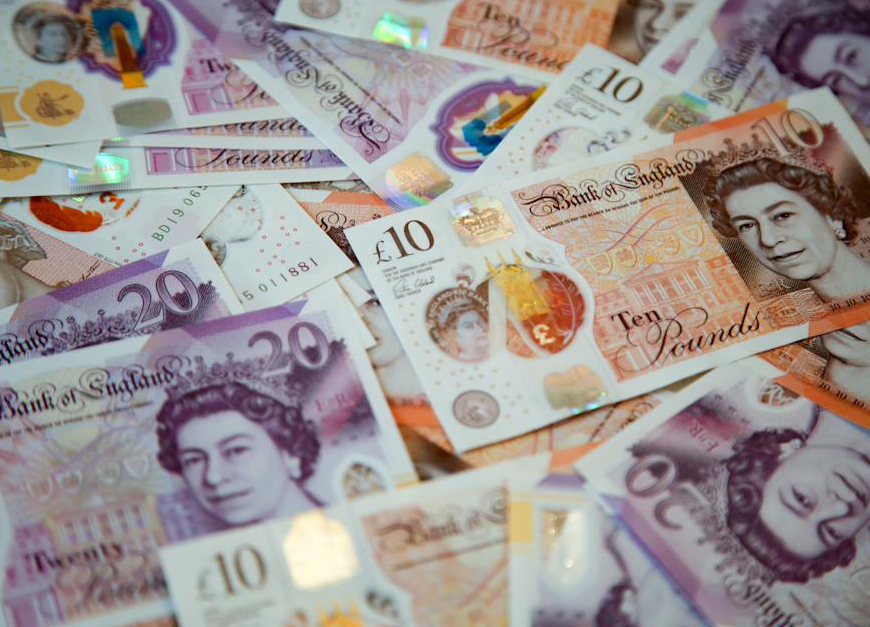A Tobin tax might help
Thursday, 10th November 2022

‘A Tobin tax could make a significant contribution towards stabilising the domestic economy’
• AMID the heated debate regarding ways to backfill the financial black hole, an elegant and efficient tool is conspicuous by its absence – a Tobin tax.
Proposed in the 1970s by Professor James Tobin, its original purpose (to dampen speculation and enhance stability in foreign exchange markets) can be adapted for wider use.
It functions by levying a small charge (typically 0.1 – 0.2 per cent) on selected financial transactions and has been embraced in Europe and elsewhere as a useful means of funding state obligations; welfare and pensions in Spain, for example.
In the UK during the first round of austerity its use was mooted to cream off 0.1 per cent (one thousandth) of the value of each algorithmic (automated electronic) transaction hosted by City institutions; but despite the International Monetary Fund’s view that, “Such a small tax is likely to trigger only an insignificant behavioural response” the notion sank without trace and has yet to resurface following the salvo of anguished protest from the red-braces brigade. A Broadgate broadside so to speak.
Realistically a Tobin tax alone cannot sate the black hole, but could make a significant contribution towards stabilising the domestic economy.
Collection is relatively easy and cheap (software should need minimal extra code to deliver a fractional levy to an online treasury account) and the headroom could be used to support public services and maintain disposable income via increased benefits and reduced taxes.
It is difficult to fathom why a measure which offers reduced government borrowing, an egalitarian society, weaker recessions and market stability remains off the agenda despite uncertainty posing an existential threat to businesses and shackling forward planning.
One hopes Boris Johnson’s infamous “f**k business” remark was not a coded knockout blow crowning City grandees as the undisputed heavyweights among policy lobbyists, gifting them and their Mayfair hedge fund brethren the continued opportunity to indulge their short selling prowess and profit from market volatility at the country’s expense.
NAME AND ADDRESS SUPPLIED, N1